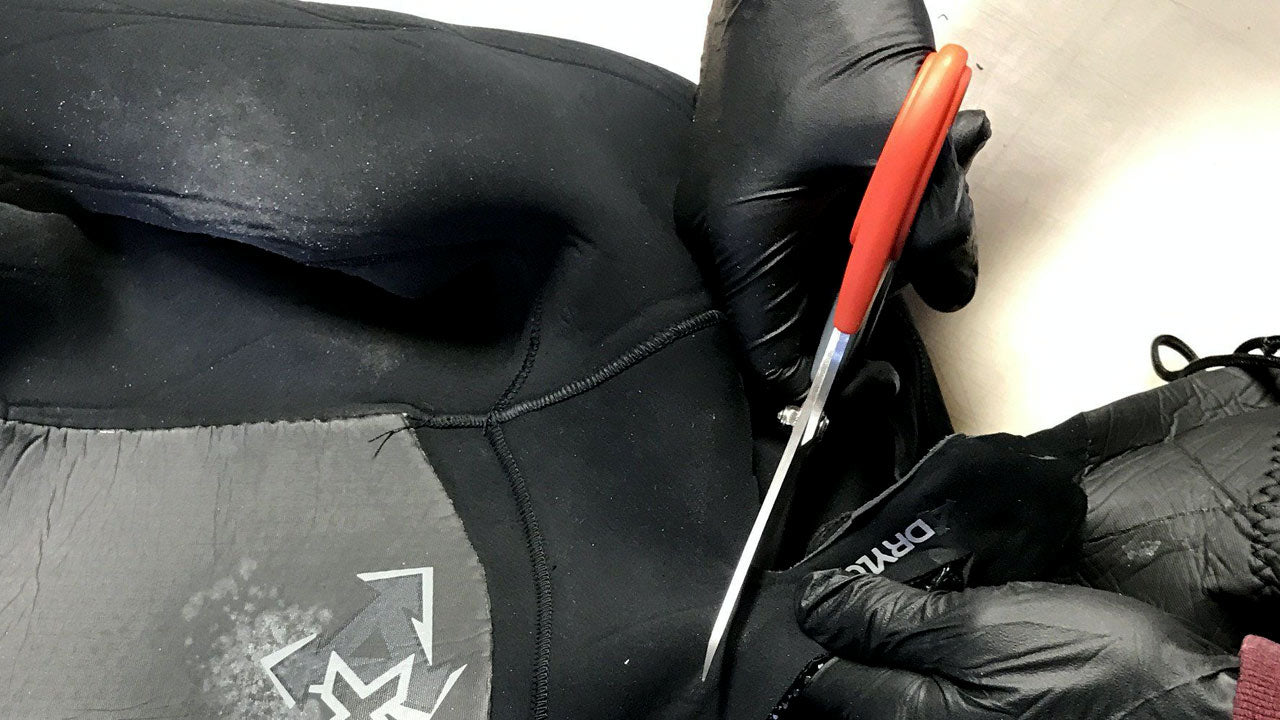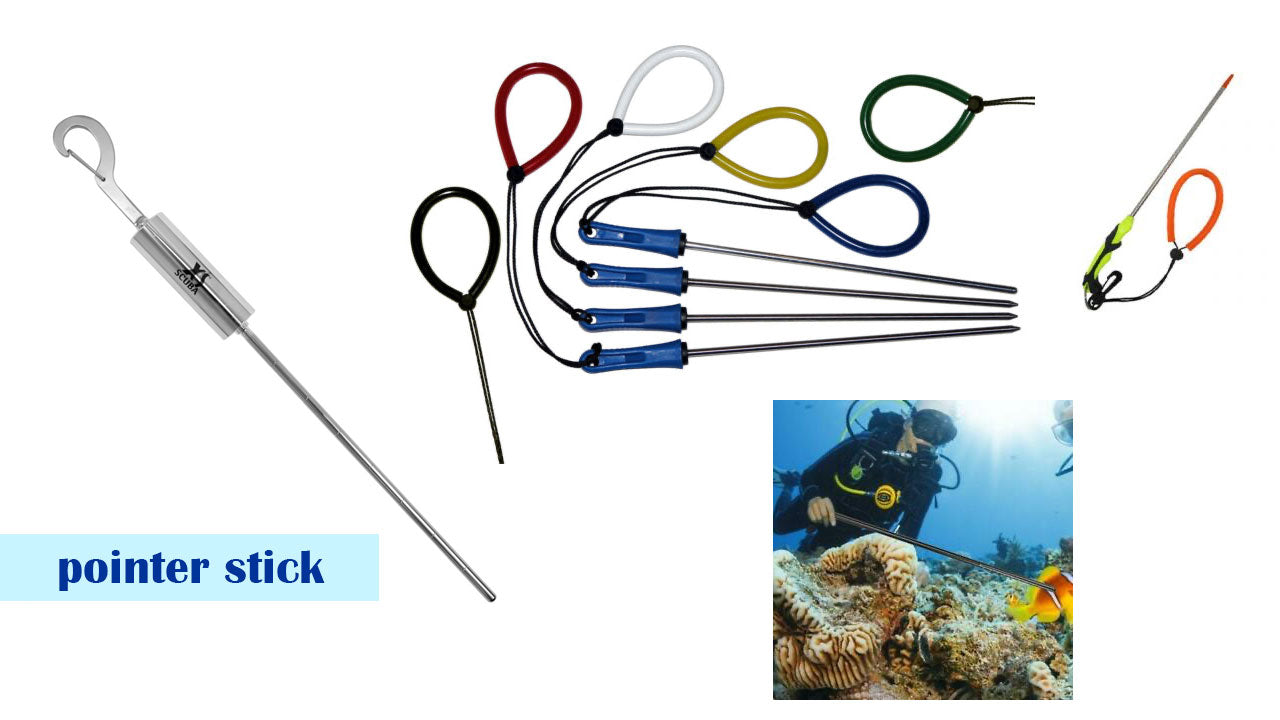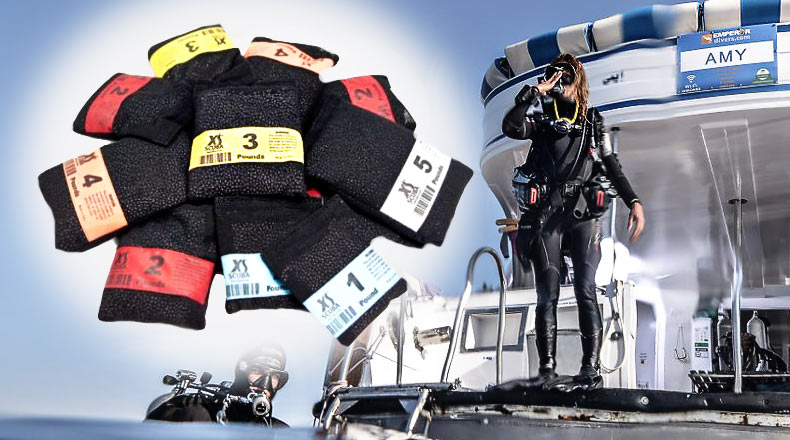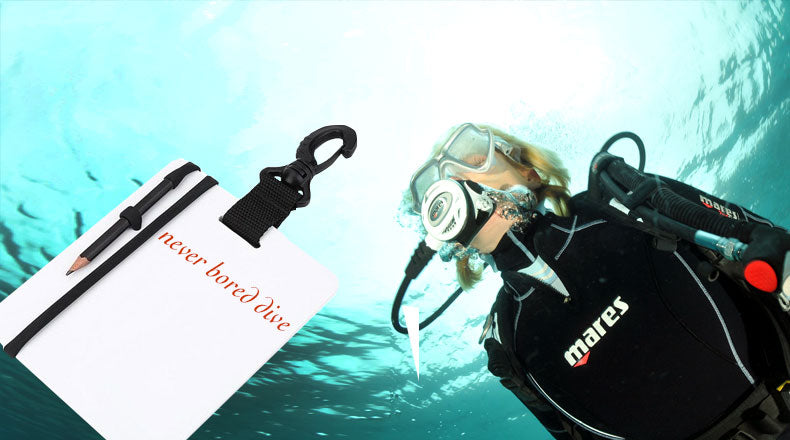Scuba Essentials: Save-a-Dive Kit

As scuba divers, we are very much reliant upon the gear we use, and, sometimes, even a minor equipment malfunction may become a reason you have to miss that long-anticipated dive. So, it is essential to carry a well-stocked save-a-dive kit that will help you handle basic, foreseeable issues and gear hiccups, such as a broken mask strap, dead computer battery or blown O-ring.
The exact contents of a save-a-dive kit aren’t universal and will vary depending on the gear you use and the diving you do. Nonetheless, some things will be in most, if not all, kits. Below, you’ll find a list of items that should help you to troubleshoot the most common problems that may arise before, after or during a dive.
Let’s start with some generic pieces that you’ll need regardless of the gear you carry.
Container
First of all, you need to find an appropriate container for all your spare parts, tools, etc. There are many options you can choose from, some opt to use a dry box or a pelican case, while others go for a dedicated small dive bag or reg bag. When making a decision, think about size, organization, accessibility, and desired water tightness. Keep in mind, you will likely have several items that you don’t want getting wet, so consider getting at least a water-resistant, if not a submersible, container.

Various O-rings
Many parts of your scuba equipment, including regulators, valves, lights, and dive computers, contain O-rings, which may perish, dry out and develop cracks as time goes by. Therefore, it is important to carry a variety of different sized O-rings. They often come in kits, so you can choose a compact keychain style container with 12 O-rings and a small pick or go for a large 200-piece set with an assortment of O-ring picks included. If you’re using high percentages of nitrox or pure O2 for decompression, make sure the O-rings you get are oxygen compatible.
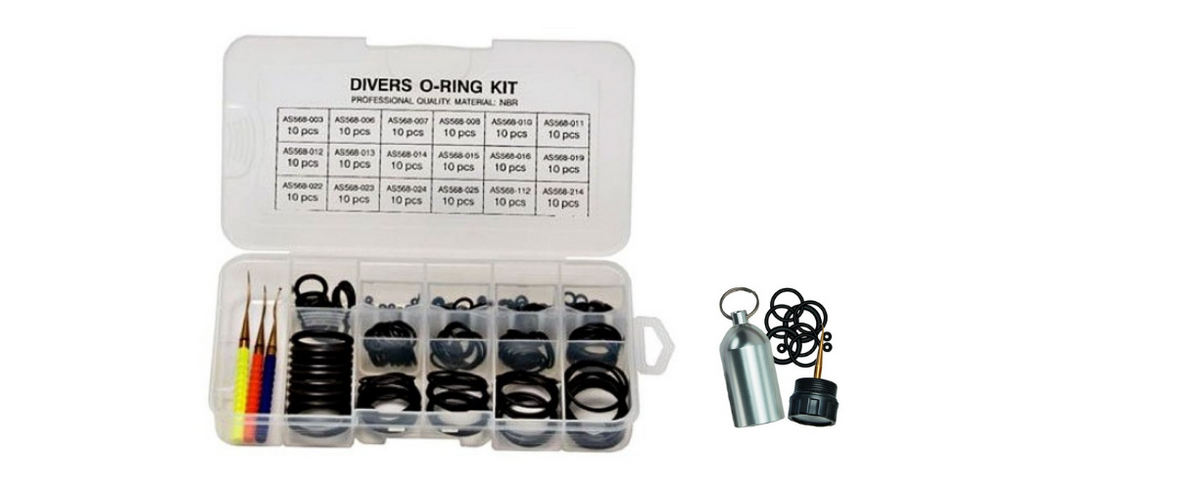
O-ring Picks
If your O-ring kit does not include a pick, make sure to purchase it separately, as the new O-ring will not do you much good if you don’t have a tool to dislodge old, worn or broken one. O-ring picks look much like dental tools but, ideally, are made out of brass as stainless steel tools can scratch delicate surfaces on valve faces or regulators.
Silicone Grease
Silicone grease or spray is a great all-purpose lubricant that can protect the rubber parts of your equipment from drying out or cracking and will shield the metals from rust and corrosion.
Dive Tools
Keep a basic toolkit handy, just in case you need to make a few emergency repairs to your equipment (assuming you know how to!). You can get a handheld scuba multi-tool or a whole toolkit, made specifically for diving equipment. Ideally, you should have some hex/alan keys (imperial and metric), wrenches or a small adjustable crescent wrench, a flat head (and possibly a Phillips head screwdriver), needle nose pliers and a cutting device.

Zip Ties / Zap Straps
These work great in emergencies to fasten broken gear and can even be used to attach mouthpieces to regulator second stages.
First Aid Kit
All scuba divers should carry a first aid kit as standard. You never know when you may need to use it. In addition to regular first aid items, divers may want to add waterproof band-aids, sunburn cream, antihistamine, eye and ear drops, antiseptic cleanser, and sting aid. You can start with one of the DAN first aid kits, and then supplement it. Or assemble your own from scratch.

Once you have the essentials covered, think about the gear you carry and what parts of it might need to be fixed or replaced during the day of diving. We’ll cover the example of somebody with a basic scuba kit that includes a mask, snorkel, fins, BCD, wetsuit, computer, and regulator.
Defog
Mask fogging won’t make you cancel the dive, but may seriously spoil the experience. So, get an effective anti-fog agent to keep your mask free from fog.
Spare Mask Strap
Mask straps, usually made of a fairly thin strip of rubber, tend to break at the most inopportune times. So, having a spare on hand can save a day of diving in a hurry. You can also choose to get a neoprene strap instead of a standard rubber one. It is less likely to break, and won’t pull on your hair. Ideally, you should also have an extra mask in your kit and bring it on a dive in case the strap breaks mid-dive or you lose your mask.
Spare Mouthpiece
Mouthpieces wear down over time, and suddenly you may find yourself chewing through yours, so keeping a spare is smart. Some divers prefer a particular style of a mouthpiece and it might be nice to have an extra of the one you like, but there are also many inexpensive ones that can be used as a temporary fix or given to a buddy in need.
Extra Fin Straps and Buckles
Fin straps suffer the same risk of breaking as a mask strap, so carrying a set of replacements is very useful. You can also upgrade to spring straps to prevent breakage in the first place. Note, some manufacturers use proprietary strap and buckle technologies, so make sure to get the ones that fit your fins.
Extra Hoses
Very rarely is there a catastrophic hose failure, but it can happen, so it’s a good idea to carry a spare HP Hose, Regulator Hose, and Inflator Hose, plus the air spools used to connect the SPGs to HP hoses. This is especially true if you are traveling to remote locations and are not sure if the local shops will have the spare parts you need.
Wetsuit Adhesive or Repair Kit
A wetsuit adhesive or sealant (there are some that, in addition to neoprene, work with a variety of other materials, including nylon, vinyl, PVC, rubber, and leather) can be used to patch small holes or seal leaking seams. The majority do take somewhere from 8 to 24 hours to cure and must be applied to clean dry surfaces, so you need to understand that this is not an on-the-fly fix. However, if you are planning on taking an extended trip to a fairly remote diving destination, this is a valuable item in your save a dive kit.

Zipper Wax / Lube
A jammed zipper is highly irritating, so keep some zipper lubricant handy at all times to ensure your wetsuit zipper functions as intended.
Spare Computer Batteries
Carry a spare of whatever battery or batteries your dive computer takes, plus the tool to change the battery if needed. If you have a computer with a rechargeable battery make sure to bring the charger as well as an electrical voltage converter/adapter.
Although this may seem like a lot, most of these items are quite small. Still, if you want to save space, team up with your buddy to create a kit between the two of you.
Remember, if you’re exploring different areas of recreational diving such as cold water, wreck, deep, sidemount, etc. and adding new gear to your setup, you may need to add or change the items in your save-a-dive kit. Additionally, don’t forget to restock items after you use them.

